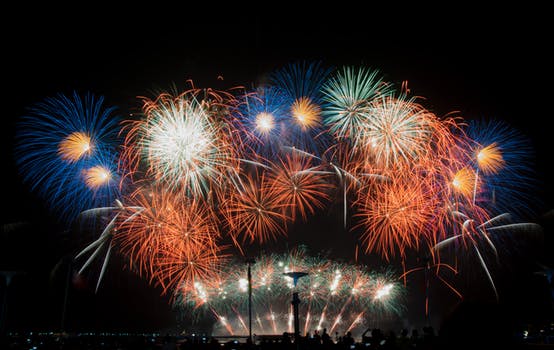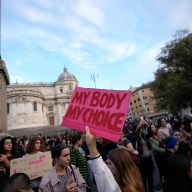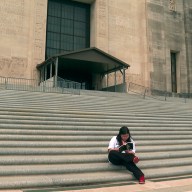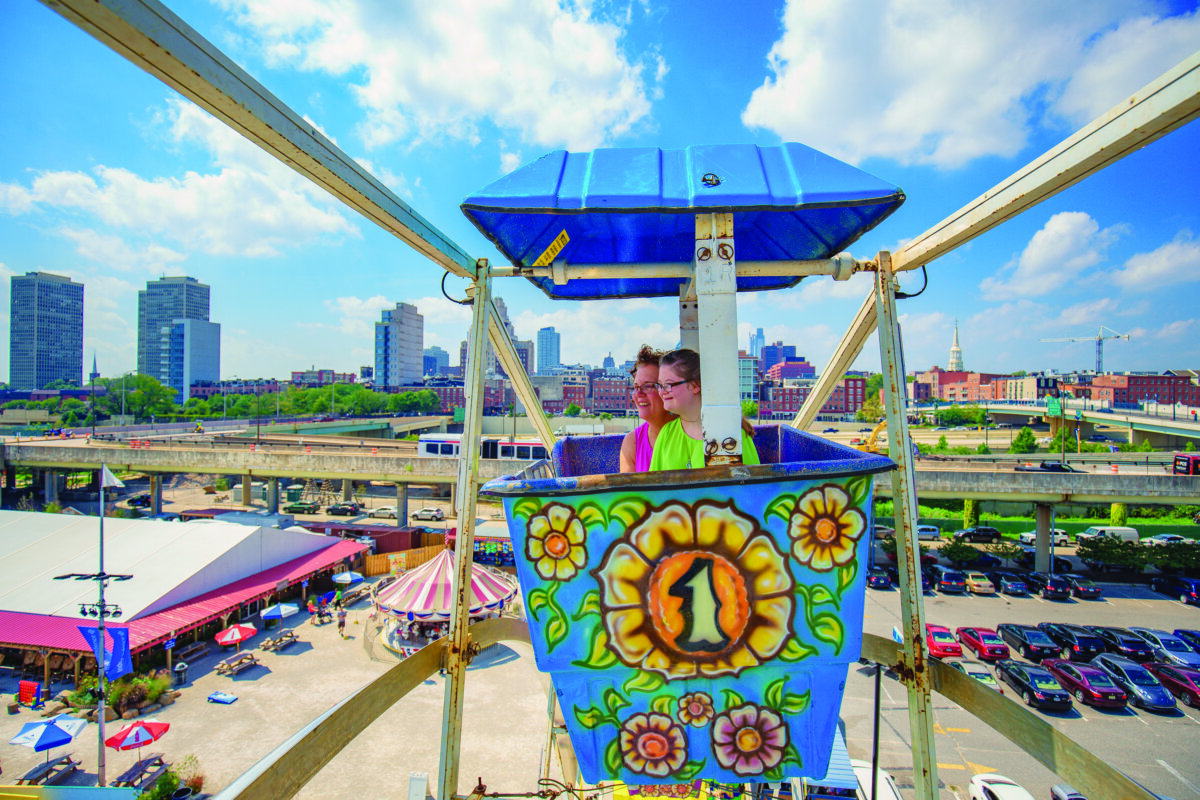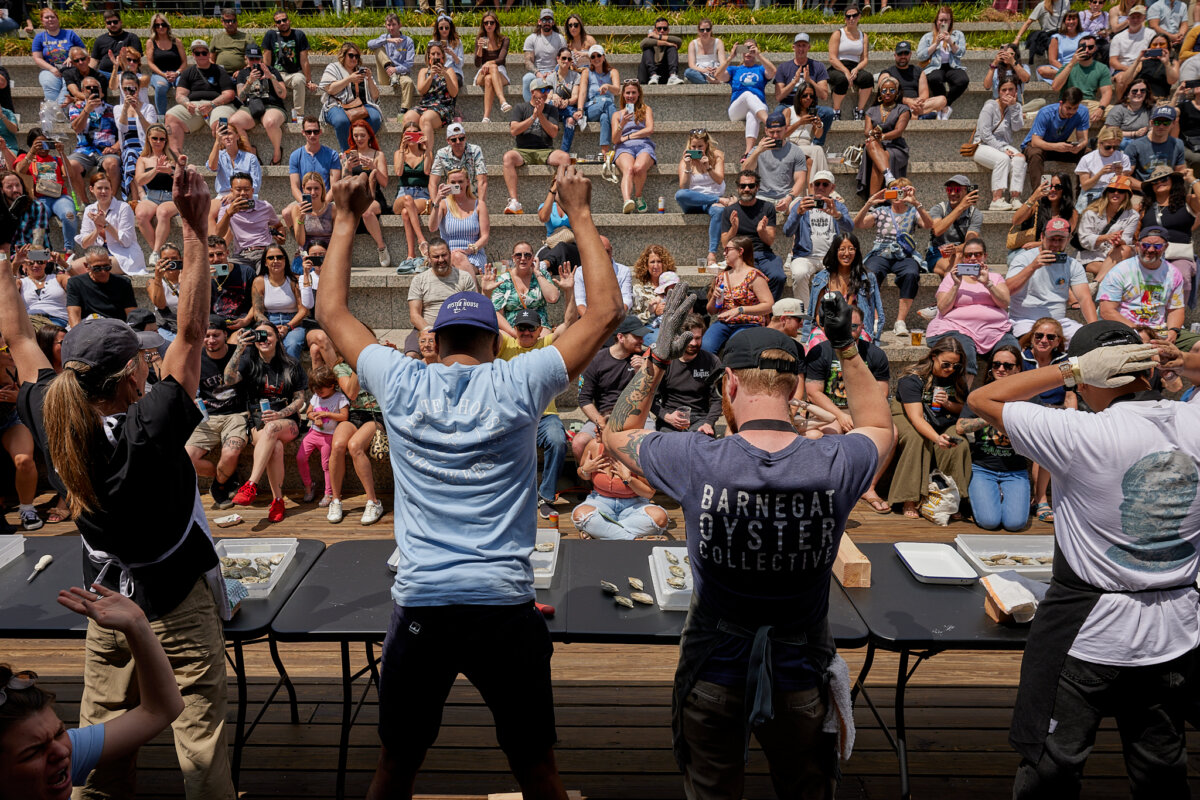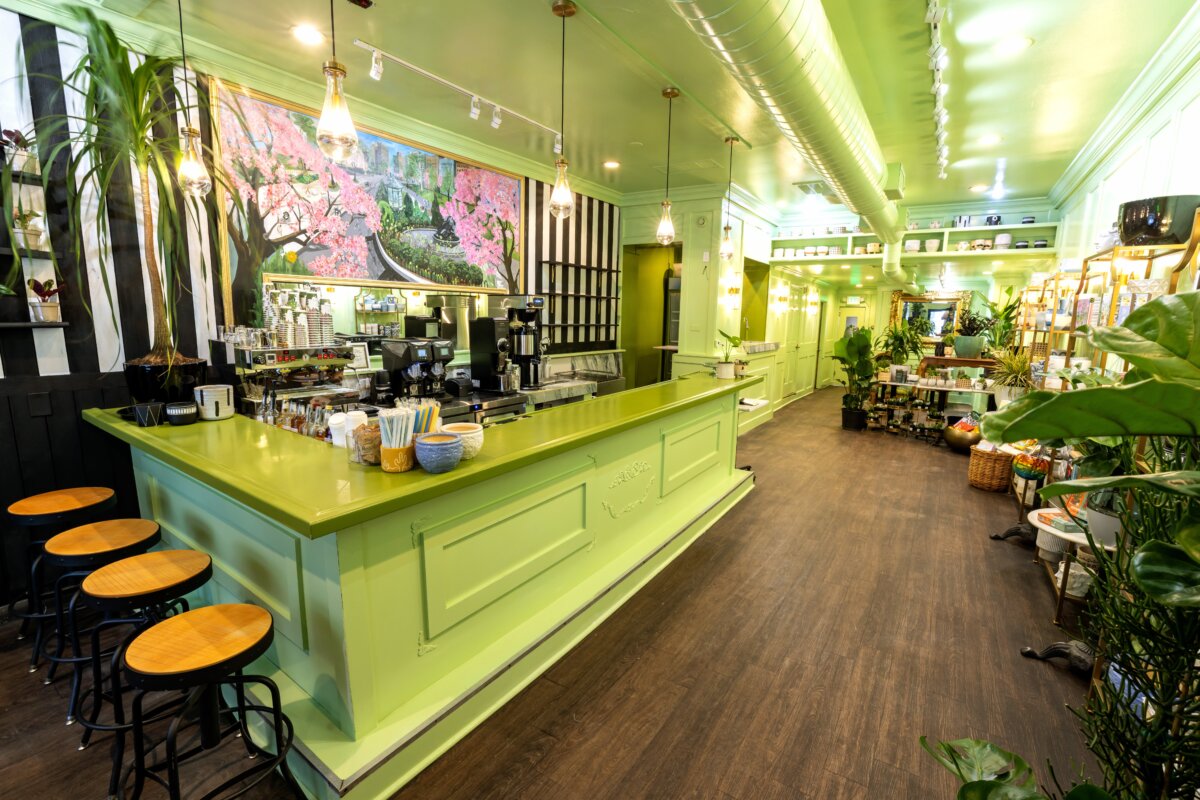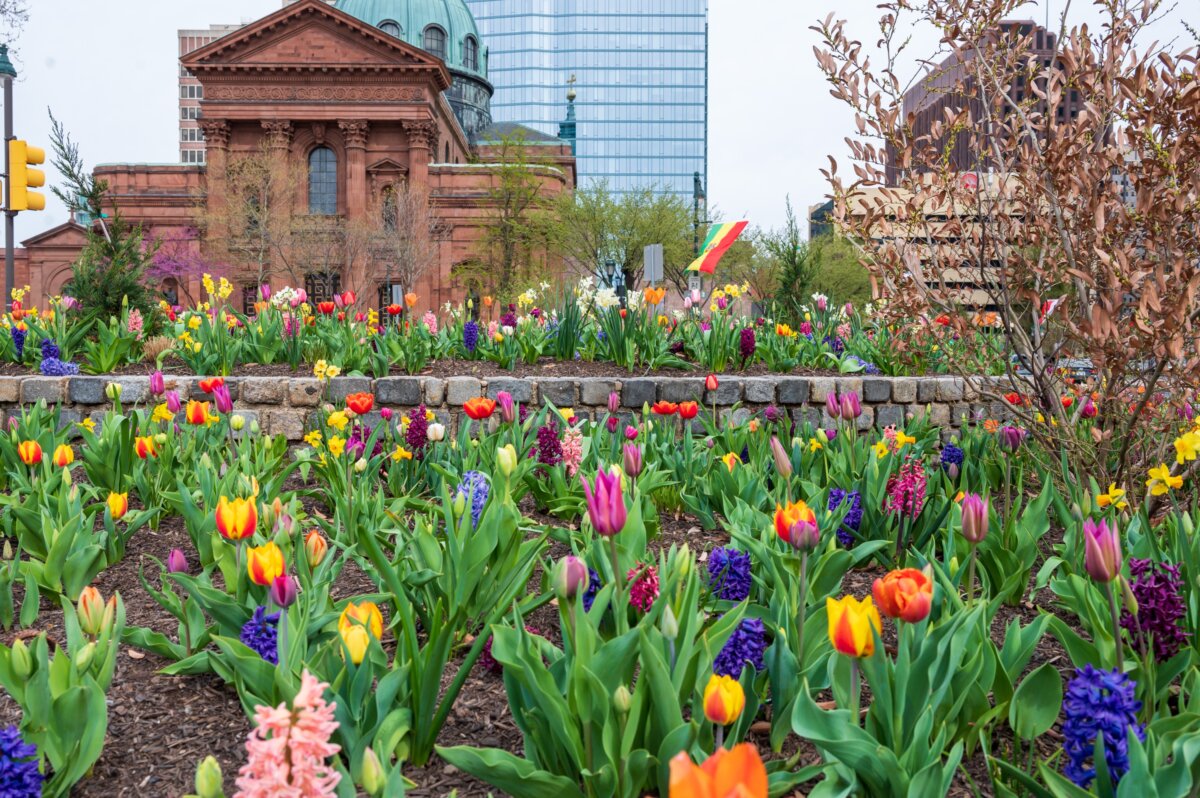Fireworks have become synonymous with the Fourth of July in the 241 years since America declared Independence, but what’s up with Americans obsession with blowing stuff up?
Well, it’s because that’s exactly how the founding fathers — or one founding father anyway — wanted it.
John Adams was a man of vision — after all, it was he and six others who dreamed up the great American experiment. And when the rebels finally beat out the red coats, Adams wrote of the occasion to his wife, Abigail, in a letter dated July 3, 1776.
“(This) the Second Day of July 1776 will be the most memorable Epocha, in the History of America. I am apt to believe that it will be celebrated, by succeeding Generations, as the great anniversary Festival. It ought to be commemorated, as the Day of Deliverance by solemn Acts of
Devotion to God Almighty. It ought to be solemnized with Pomp and Parade, with Shews, Games, Sports, Guns, Bells, Bonfires and Illuminations from one End of this Continent to the other from this Time forward forever more,” Adams wrote, PRI reported.
Though Adams wasn’t quite right about the day — Congress voted for independence on July 2, 1776, though it didn’t approve the text of the declaration until the Fourth of July — he was pretty right about all the rest.
The first commemorative Independence Day fireworks blasted off on July 4, 1777, in the cities of Boston and Philadelphia, igniting a tradition that would carry on for generations and centuries to come.
But the use of fireworks in Fourth of July festivities elsewhere actually took a while to catch on. It would take decades after the Revolution for fireworks to become ordinary at Independence Day.
But don’t worry, they still had the “pomp and parade” thing down. Firing off canons and muskets during parades was initially a much more common means of celebration.

